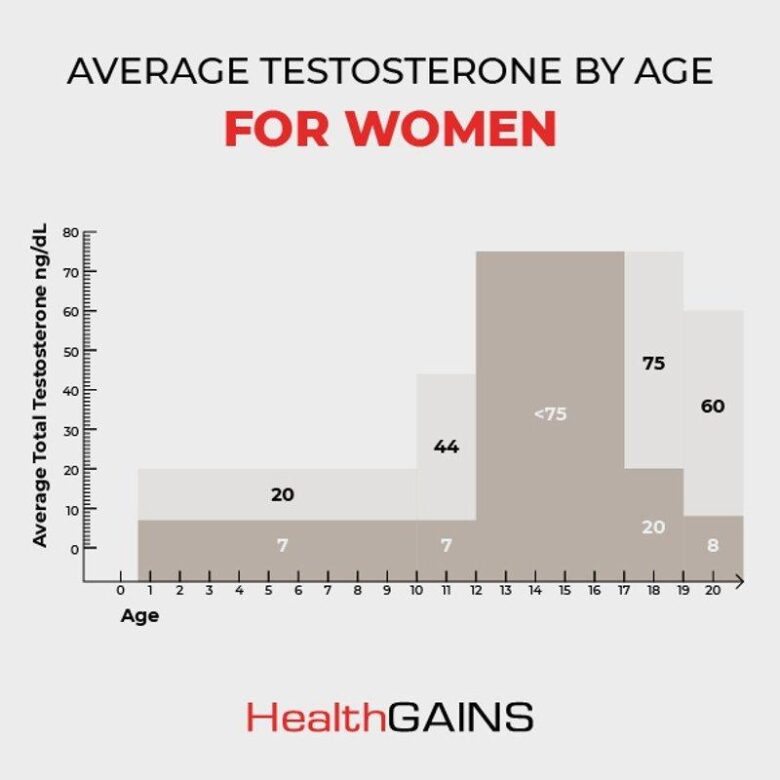Title: “The Transformative Journey: Exploring Testosterone Therapy Results Before and After”
Introduction:
In a world where wellness and vitality are increasingly prioritized, the conversation surrounding hormone health has taken center stage. Among various treatments designed to enhance physical and mental well-being, testosterone therapy stands out for its potential to influence energy levels, mood, and overall quality of life. As more individuals seek solutions to combat the effects of aging or hormonal imbalances, the results of testosterone therapy before and after its implementation become crucial in shaping expectations and understanding its impact. This article delves into the nuanced landscape of testosterone therapy, examining the transformative effects it can have on the body and mind, while providing a balanced perspective on the benefits, risks, and individual responses that define each unique journey. Join us as we explore testimonials, expert insights, and the science behind this treatment, illuminating the path towards informed decision-making in the realm of hormone health.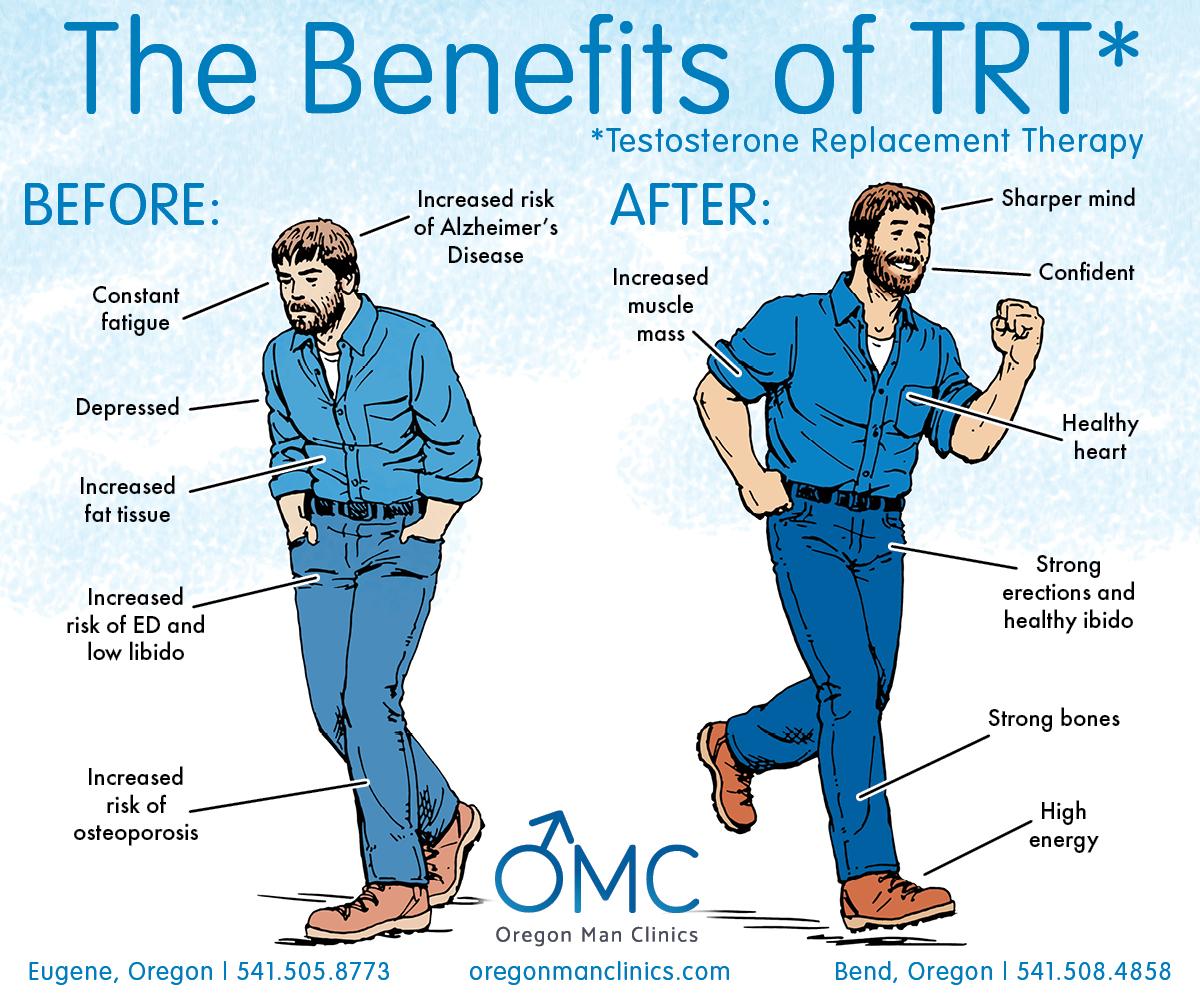
The Science of Testosterone Therapy: Understanding the Fundamentals
Testosterone is a vital hormone that plays a significant role in various physical and mental health aspects. In men, testosterone influences muscle mass, bone density, and sexual function. As levels naturally decline with age, some individuals may experience symptoms such as fatigue, depression, and decreased libido. Testosterone therapy aims to restore these levels, potentially leading to significant improvements in overall well-being. The therapy can involve methods such as injections, patches, or gels, each having its own absorption rate and effectiveness.
Understanding the results of testosterone therapy requires looking at various factors, including individual response and the method of administration. Patients often report notable changes, including:
- Increased Energy Levels: Many patients experience a resurgence of vitality.
- Enhanced Mood: Therapeutic effects may lead to reduced feelings of depression and anxiety.
- Improved Libido: A common benefit observed in those struggling with sexual health.
- Greater Muscle Mass: Increased testosterone typically results in enhanced muscle strength.
| Parameter | Before Therapy | After Therapy |
|---|---|---|
| Energy Levels | Low | High |
| Muscle Mass | Decreased | Increased |
| Mood | Variable | Stable |
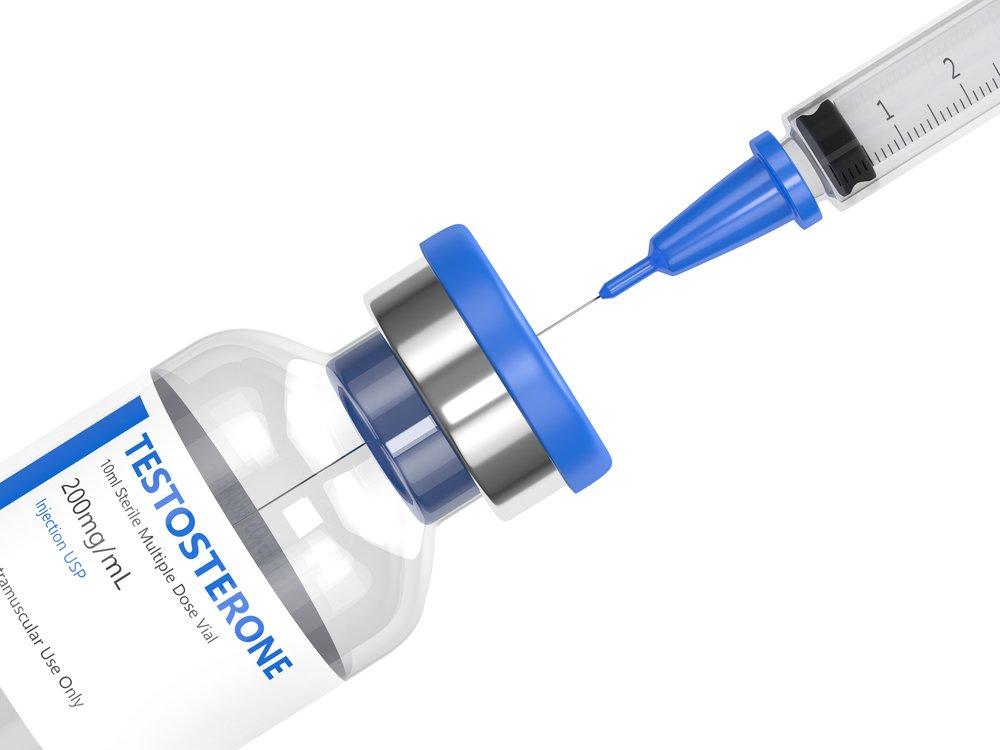
Assessing Physical Changes: Body Composition and Strength Gains
When evaluating the impact of testosterone therapy, one of the most striking areas of change is in body composition. Many individuals report notable shifts in their physique, which can often be quantified through a detailed analysis of body fat percentage and lean muscle mass. Common observations include:
- Decreased Body Fat: Users often see a reduction in overall body fat, particularly in areas where excess fat had previously accumulated.
- Increased Lean Muscle Mass: Enhanced muscle growth is frequently noted, contributing to a more defined and toned appearance.
- Improved Metabolic Health: With a favorable body composition, many individuals also experience an uptick in metabolic efficiency.
In addition to changes in body composition, the strength gains often accompanying testosterone therapy can be both measurable and significant. Many participants report increases in their overall physical strength, which can be demonstrated through various fitness benchmarks. Common metrics to track strength progress include:
| Exercise | Before Therapy (lbs) | After Therapy (lbs) |
|---|---|---|
| Bench Press | 150 | 200 |
| Squats | 180 | 250 |
| Deadlifts | 200 | 275 |
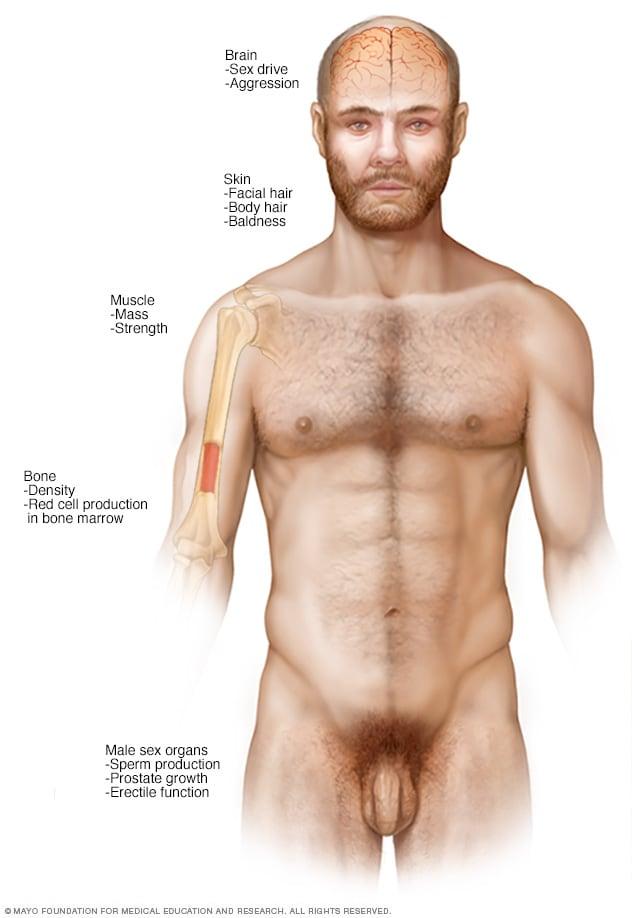
Mental Health Transformation: Mood and Cognitive Function Enhancements
Testosterone therapy has been shown to yield significant enhancements in both mood and cognitive function, leading to a more balanced mental health state. Individuals undergoing this treatment often report improvements such as:
- Increased energy levels: Enhanced vitality often results in greater motivation to engage in daily activities.
- Improved mood stability: A noticeable reduction in anxiety and depressive symptoms can lead to a more positive outlook on life.
- Enhanced cognitive clarity: Improved focus and quicker decision-making abilities are common benefits.
Before beginning testosterone therapy, many individuals struggle with mood swings and cognitive sluggishness, which significantly impacts their quality of life. Post-therapy, however, the transformation can be remarkable. A recent study highlighted these shifts in the following table:
| Mental Health Aspect | Before Therapy | After Therapy |
|---|---|---|
| Mood Score (1-10) | 4.2 | 8.5 |
| Cognitive Function (Self-Assessment) | Poor | Excellent |
| Energy Level (Survey) | Low | High |
The combination of these improvements underscores the profound impact testosterone therapy can have on mental health transformation. For many, the journey to better mental clarity and emotional resilience begins with this pivotal step.
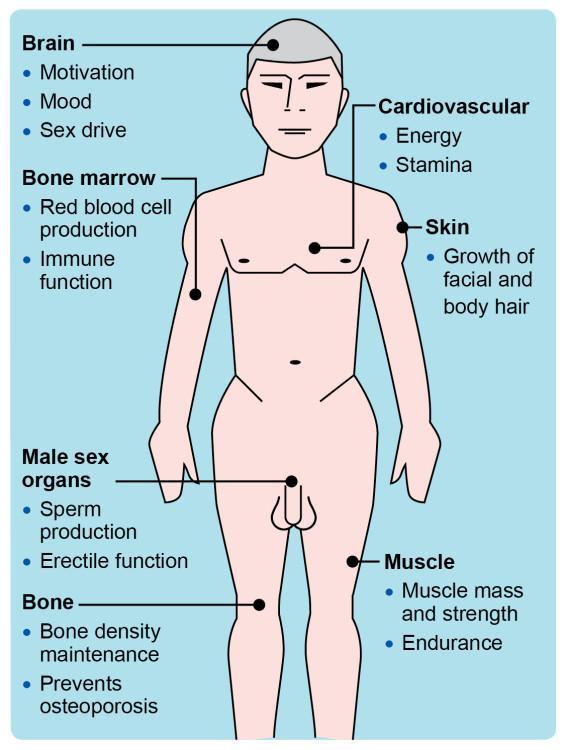
Sexual Health Revival: A Closer Look at Libido and Performance
Testosterone therapy has emerged as a powerful intervention for men experiencing low libido and performance issues. Many have reported a significant transformation in their sexual health following treatment. Factors that contribute to the improvement include:
- Increased Energy Levels: Enhanced overall vitality, leading to greater desire.
- Improved Mood: Therapeutic effects on mental well-being, reducing anxiety around performance.
- Enhanced Muscle Mass: Physical changes that boost self-esteem and attractiveness.
- Better Erections: Increased blood flow and improved erectile function.
The results of testosterone therapy can be impressive, with many men experiencing noticeable changes within a few months of starting the regimen. A summary of common outcomes before and after therapy can illustrate this progression:
| Aspect | Before Therapy | After Therapy |
|---|---|---|
| Libido | Low | Significantly Increased |
| Performance Anxiety | High | Reduced |
| Energy Levels | Fatigued | Revitalized |
| Confidence in Bed | Low | Heightened |
Navigating Potential Risks: Health Considerations Before Starting Therapy
Before embarking on testosterone therapy, it’s crucial to consider the potential health risks that could arise during treatment. While many individuals report improvements in mood, energy levels, and muscle mass, there are associated risks that require careful evaluation. Consultation with a healthcare professional is vital to address individual health conditions and to consider personal risk factors, such as:
- Cardiovascular health: Increased risk of heart disease and stroke.
- Prostate issues: Elevated levels may contribute to benign prostatic hyperplasia or increase the risk of prostate cancer.
- Hormonal balance: Potential for hormonal fluctuations leading to gynecomastia or mood swings.
- Sleep apnea: Possibility of exacerbating existing sleep disorders.
Monitoring these health aspects is essential, particularly for those with pre-existing conditions. Regular follow-ups with healthcare providers can help in managing any adverse effects promptly. Here’s a simple table outlining risk factors and recommended screenings to consider:
| Health Risk | Recommended Screening |
|---|---|
| Cardiovascular Issues | Blood pressure and cholesterol levels |
| Prostate Health | PSA Test and Digital Rectal Examination |
| Blood Disorders | Complete blood count (CBC) |
| Sleep Disorders | Sleep study evaluation |
Lifestyle Modifications: Optimizing Results Beyond Hormone Therapy
While testosterone therapy can lead to remarkable improvements in mental and physical well-being, maximizing these benefits requires a holistic approach that embraces various lifestyle modifications. Implementing changes in diet and exercise regimens can significantly enhance the results of hormone therapy. Consider the following adjustments:
- Balanced Nutrition: Focus on a diet rich in whole foods, including lean proteins, healthy fats, and plenty of fruits and vegetables. Foods high in zinc and vitamin D, such as nuts and fatty fish, can also support hormone balance.
- Regular Exercise: A mix of strength training and cardiovascular exercise can promote muscle growth and improve energy levels, complementing the effects of testosterone therapy.
- Stress Management: Incorporating mindfulness practices like yoga or meditation can help regulate cortisol levels, ultimately benefiting testosterone levels.
- Quality Sleep: Aim for 7-9 hours of restorative sleep each night to allow the body to recover and maintain hormonal balance.
Measuring the impact of these lifestyle changes alongside hormone therapy is essential for achieving optimal results. A simple table can effectively showcase progress and highlight key areas of improvement during this transformative journey:
| Aspect | Before Therapy | After Therapy |
|---|---|---|
| Energy Levels | Low | Moderate to High |
| Muscle Mass | Minimal | Increased |
| Mood Stability | Frequently Anxious | More Balanced |
| Body Fat Percentage | Higher | Lower |
Long-Term Impacts: Evaluating Enduring Benefits and Challenges
Understanding the lasting effects of testosterone therapy involves examining both the benefits and the challenges that may arise over time. On the positive side, many individuals report significant improvements in aspects such as:
- Enhanced Mood: Reduced feelings of anxiety and depression.
- Increased Energy Levels: A notable boost in overall vitality and stamina.
- Improved Muscle Mass: Noticeable gains in strength and physique.
- Better Sexual Function: Enhanced libido and overall sexual satisfaction.
However, while there are significant advantages, challenges persist that must be monitored long-term. Potential risks include:
- Cardiovascular Concerns: Increased risk of heart disease and hypertension.
- Hormonal Imbalance: Possibility of side effects such as mood swings or irritability.
- Dependency Issues: Risk of developing a reliance on therapy to maintain normal levels.
- Prostate Health: Ongoing monitoring required due to potential enlargement or malignancy.
| Benefit | Challenge |
|---|---|
| Enhanced Mood | Cardiovascular Concerns |
| Increased Energy Levels | Hormonal Imbalance |
| Improved Muscle Mass | Dependency Issues |
| Better Sexual Function | Prostate Health |
Q&A
Q&A: Testosterone Therapy Results Before and After
Q1: What is testosterone therapy, and why do people pursue it?
A1: Testosterone therapy involves the administration of testosterone, a hormone, to address low testosterone levels (hypogonadism) in men and women. People pursue this therapy to alleviate symptoms such as fatigue, reduced libido, mood changes, and loss of muscle mass. By restoring hormone levels, individuals often hope to enhance their overall quality of life.
Q2: How can one tell if they need testosterone therapy?
A2: Signs of low testosterone can be quite varied but often include fatigue, decreased motivation, and changes in sexual function. It’s important to consult a healthcare professional for blood tests to determine testosterone levels, as symptoms can also stem from other health issues.
Q3: What can individuals expect from testosterone therapy?
A3: Expectations can differ greatly based on individual circumstances, including age, overall health, and specific symptoms. Generally, people may experience improved energy levels, enhanced mood, increased muscle mass, and better libido. However, results can take time, often requiring several weeks to months to fully manifest.
Q4: Are there any risks or side effects associated with testosterone therapy?
A4: Yes, while testosterone therapy can yield benefits, it also comes with potential risks such as increased acne, sleep apnea, hair loss, and a possible link to heart issues. It’s vital for individuals to have open discussions with their healthcare providers to weigh the benefits against the risks.
Q5: How do results compare between the ‘before’ and ‘after’ states of therapy?
A5: Many individuals report significant improvements after starting therapy. Reports indicate heightened vitality, increased muscle strength, improved mental clarity, and better emotional balance. However, results can be subjective, and while some may notice stark contrasts, others might experience more subtle changes.
Q6: Is a follow-up necessary after starting testosterone therapy?
A6: Absolutely. Regular follow-ups are crucial for monitoring hormone levels and evaluating any side effects or complications. Adjustments to the therapy regimen may be necessary based on individual responses, ensuring that treatment remains effective and safe.
Q7: Can testosterone therapy be discontinued? If so, what happens?
A7: Yes, therapy can be paused or stopped, usually under a doctor’s guidance. Upon discontinuation, some individuals may notice a gradual decline in the benefits accrued during treatment, as their hormone levels could revert to baseline. It’s essential to manage cessation carefully to avoid withdrawal symptoms or health complications.
Q8: What holistic approaches can complement testosterone therapy?
A8: Lifestyle changes can greatly enhance the benefits of testosterone therapy. Regular exercise, a balanced diet rich in nutrients, adequate sleep, and stress management techniques such as mindfulness can contribute positively. These changes may help optimize hormone levels naturally while ensuring a more well-rounded approach to health.
Q9: Is testosterone therapy suitable for everyone?
A9: Testosterone therapy is not a one-size-fits-all solution. Certain individuals, such as those with prostate issues or certain types of cancer, may be advised against it. A thorough evaluation by a healthcare provider is essential to determine the appropriateness of testosterone therapy for each individual.
Q10: What’s the final takeaway for those considering testosterone therapy?
A10: If you’re contemplating testosterone therapy, prioritize seeking thorough medical advice. Understand your unique health profile, establish realistic expectations, and remain informed about both the benefits and risks involved. A well-informed approach can lead to a more satisfying experience and improved health outcomes.
Future Outlook
As we draw the curtain on our exploration of testosterone therapy and its transformative effects, it becomes evident that the journey from before to after is marked by a tapestry of individual experiences. While some find newfound vigor and a renewed sense of self, others may encounter challenges along the way. It’s crucial to approach testosterone therapy with both optimism and caution, understanding that outcomes can vary widely based on personal health profiles, lifestyle choices, and adherence to medical guidance.
In navigating this complex landscape, open communication with healthcare providers remains paramount. Whether seeking to enhance physical performance, emotional well-being, or overall quality of life, informed decisions are the best tools for success. As we continue to uncover the nuances of hormone therapy, let us remain committed to prioritizing health, wellness, and the richness of each individual’s story. With knowledge as our compass, the journey toward balance and vitality is within reach.

